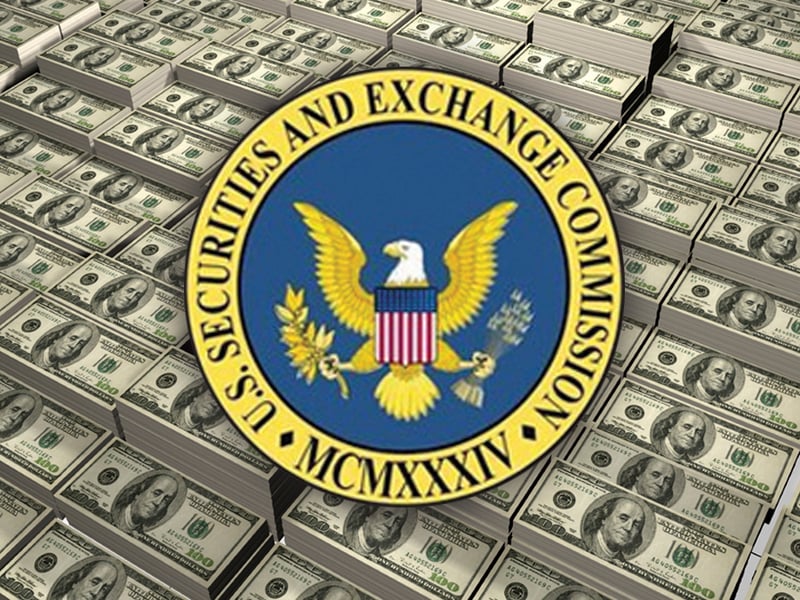The Securities and Exchange Commission has charged an investment advisory firm that represented former boxer Mike Tyson with stealing money from client accounts.
In an action announced on Monday, the SEC
alleges that Brian J. Ourand, a former president of SFX Financial Advisory Management Enterprises, a subsidiary of concert promoter Live Nation Entertainment, took approximately $670,000 from client accounts for personal use between 2006 and 2011. Mr. Ourand, who allegedly wrote checks to himself and wired himself the money, was terminated by SFX in August 2011.
In addition to its action against Mr. Ourand, the SEC
separately charged SFX and its chief compliance officer, Eugene S. Mason, with violating the custody rule and failing to put in place policies and procedures to prevent misappropriation of client funds when they were withdrawn to pay bills.
The SEC said that Mr. Mason had failed to oversee cash flows in client accounts. SFX, which is based in Washington, D.C., has $15 million in assets under management.
SFX and Mr. Mason settled with the SEC, paying $150,000 and $25,000 in penalties, respectively. The firm did not admit nor deny the charges.
“Investment advisers have a fiduciary obligation to safeguard client assets,” Marshall S. Sprung, co-chief of the SEC Enforcement Division's Asset Management Unit, said in a statement. “SFX failed to detect an alleged misappropriation for years because it had insufficient internal controls to limit Ourand's ability to withdraw client funds for personal use.”
A lawyer for SFX and Mr. Mason was not immediately available for comment. Mr. Ourand could not immediately be reached for comment.
Mr. Tyson and his wife sued Mr. Ourand, SFX and Live Nation in 2013 for breach of fiduciary duty, fraud and unjust enrichment, claiming they had misappropriated more than $300,000 of the Tysons' money.
Todd Cipperman, principal at Cipperman Compliance Services, said that advisers should not offer to manage their client's bills.
“It's really dangerous, when investment advisory firms take on that bill-paying role,” Mr. Cipperman said. “It's a practice that's rife with problems.”
If advisers can take cash out of a client's account, they need a fail-safe approach that involves at least two of the firm's staff to sign off on the movement of the funds, he said.







